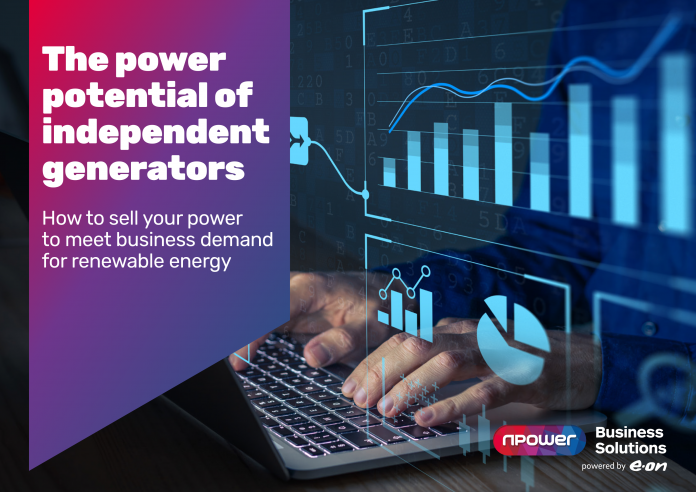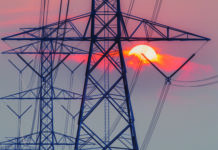By Vish Sharma, Head of Power Purchase Agreements at npower Business Solutions
Wholesale energy price volatility, coupled with an increasing focus on reducing carbon emissions, mean that many businesses now want to buy their energy from homegrown renewable energy sources.
From wind and solar photovoltaic (PV) to hydropower and biomass, there is a huge amount of choice for businesses who want to procure clean power – often the first natural step in an organisation’s carbon reduction strategy.
However, with demand for renewables outstripping supply, many businesses are now considering their options away from a standard grid supply offering.
For owners and operators of independent energy generation assets – either as your primary business or on-site at your premises – this is a real opportunity to sell your power to eager corporate buyers.
This can be done via a fixed or flexible Power Purchase Agreement (PPA).
As an established method of managing energy sales and risk in generation projects, PPAs encompass all the commercial terms required to deliver a route to market for generation. They include start date, delivery schedules, pricing mechanisms, and payment terms and can include renewable certificates such as Renewable Obligation Certificates (ROCs) and Renewable Energy Guarantees of Origin (REGOs). They are usually valid for several years and offer pre-set or to-be-determined prices for energy purchases.
That said, it’s not as simple as it sounds. The most suitable PPA for your asset will depend on a number of factors, including:
- Annual output: fixed PPAs can be a good choice for generators with a limited annual output. However, if your annual output is 6 GWh or more, flexible PPAs could offer a better route to market
- The nature of your generation: some renewables, such as biomass power, offer a steadier output regardless of weather conditions. Others, like wind and solar PV, are more intermittent and weather-dependent
- Your time constraints and risk appetite: the energy market is complex, and your familiarity with it can be a deciding factor when choosing the best PPA for your asset
- Your organisation’s objectives: whether you want a steady and risk-free revenue stream or wish to optimise profits with a flexible agreement, your goals will ultimately determine which PPA is best for you.
Our new guide, ‘The power potential of independent generators: How to sell your power to meet business demand for renewable energy’, outlines the important areas to consider when choosing the best route to market for your power. It is available to download here.




